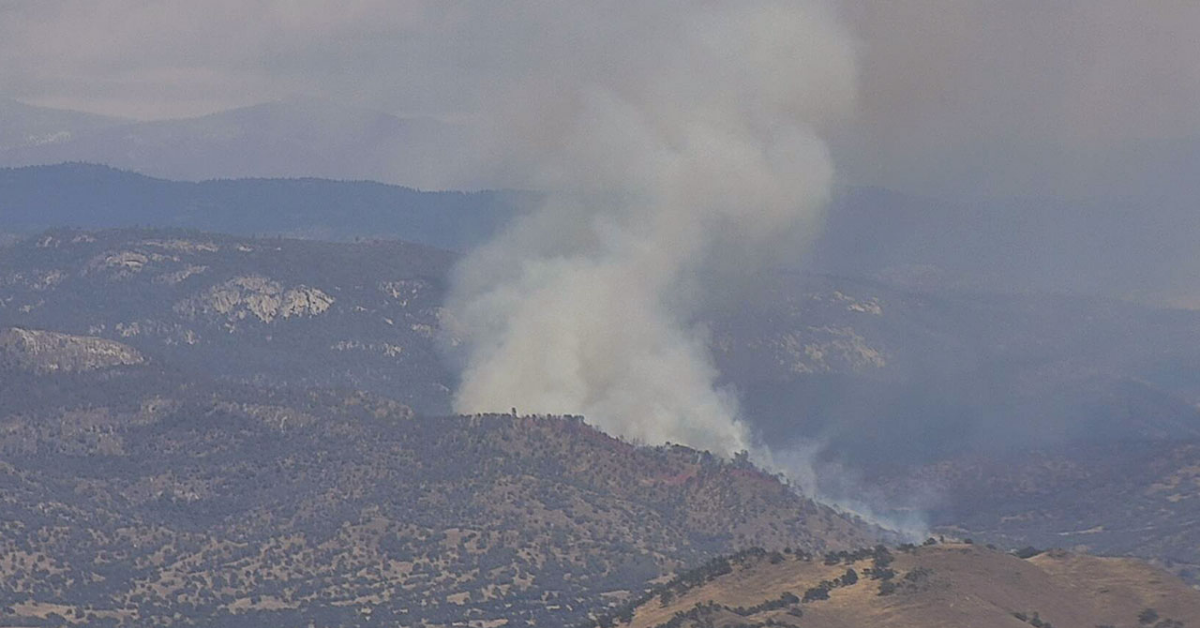A Montana-based lawsuit against the United States Forest Service could bring sweeping changes to how forest fires are fought in the Sierra Nevada mountains.
Such changes could result in worse wildfire seasons in the future as the lawsuit aims to prohibit the use of aerial fire retardants.
The backstory: The Forest Service Employees for Environmental Ethics (FSEEE) has filed a lawsuit against the USFS in Montana, the location of the Forest Service Northern Regional headquarters.
- Chemical retardants that are used by firefighting agencies such as the USFS are tested and approved by the U.S. Department of Agriculture’s Missoula Technology and Development Center.
The big picture: Per the lawsuit, the FSEEE is attempting to require the USFS to obtain a Clean Water Act permit to use fire retardant from airplanes.
- The USFS has agreed to obtain a Clean Water Act permit, but with a two to three year process to obtain such permits, they would not be available until 2024 at the earliest, potentially preventing a major fire-fighting tool in wildfires over at least the next year.
State of play: In response to the lawsuit, the USFS has stated that it cannot fight wildfires while guaranteeing that aerial fire retardant will not drop into any water. According to the USFS, such instances of the aerial retardant dropping into water was less than one percent of all drops from 2012-2019.
- On Thursday a coalition of counties, cities and industry groups – including the California Forestry Association, Butte County, Plumas County, and the Town of Paradise (home to the deadliest wildfire, the 2018 Camp Fire), among many others – filed a motion to intervene in the case to petitioning the court to allow for continued use of aerial fire retardant.
What they’re saying: Matt Dias, the president and CEO of CalForests, noted that maintaining healthy forests supports the communities at-risk of wildfires, but prevention is not enough.
- “We must be able to fight wildfires with everything we have, and limiting the U.S. Forest Service’s ability to do so flies in the face of forest conservation and preservation,” Dias said in a statement. “Fire retardants save lives – just ask the surviving residents of Paradise. The U.S. Forest Service must be allowed to use flame retardants while the permitting process is moving forward, or we haven’t seen the worst of wildfires.”










